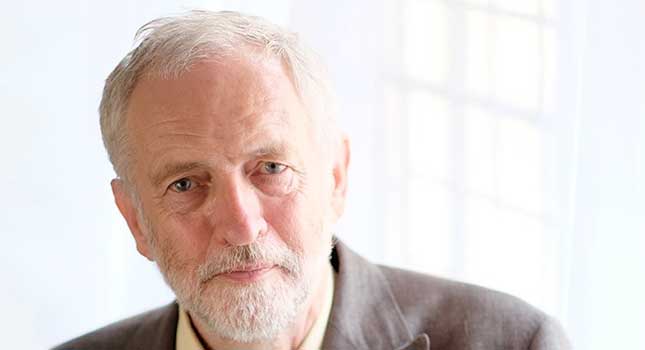
In the end, the margin of victory for Jeremy Corbyn over rival Labour Party leadership contenders Andy Burnham, Yvette Cooper and Liz Jendall turned out to be a landslide in favour of the 66-year-old MP. He picked up 59% of the vote and took it in the first round, compared to just 19% for Burnham, who finished a distant runner up, 17% for Yvette Cooper and only 4.5% for Liz Kendall. The last time a Labour leader won by that kind of margin was in 1994 and with it Tony Blair ushered in New Labour. We all know what happened to the Conservative government after that.
While he’s got a pretty big task ahead of him on a number of fronts, the first and foremost has got to be unifying the Labour Party behind him. While he’s clearly done that on the party member front, with such a majority in the election, there’s been a lot of Labout MPs that have set themselves against him and you’ve only got to look at the fact that half of the shadow cabinet have resigned to see that everything is far from rosy.
His left-wing politics are a long way away from the centrally aligned view of every other Labour leader going all the back to pre-Blair days, so there was always going to be some resistance to change. If we had to say what Jeremy Corbyn’s next move would be, we’d have to say consolidation; which will mean bringing in his own support to the shadow minister roles and doing all he can to silence the critics withing his own party. If he can’t get enough of the naysayers to come on board or sit quietly then he’ll spend the next four years or so battling in-party fighting, which won’t do him, or the rest of Labour, any good in the faraway run-up to the 2020 election.
However, perhaps the biggest job ahead of Jeremy Corbyn is the troublesome Scottish element of the equation if he’s going to mount a credible battle with the Conservative government. For years Labour has been able to rely of the Scottish vote to bolster their numbers, but those days are long gone with the SNP gaining 50 seats with Labour and the Liberal Democrat Party being the big losers in the balance. The highland games are going to be tricky though as he’ll need to do enough to win the Scots over, while at the same time not losing any more of middle England, who are concerned about the possibility of Scottish concessions.
If winning back Scotland isn’t a big enough job for Corbyn, he’s also got to persuade the middle-ground that deserted Labour and the Lib Dems in the 2015 general election that he’s worth taking a jump to the left for. He’s going to need to articulate his vaguely socialist dream to the masses and hope that they buy into it, let alone just get it. Privatisation, no big nuclear arms spending, a big budget response to the refrugee crisis and other world aid issues, free education, an anti-austerity approach to economics, ironing out the inequalities in society… the list is pretty long and very different from what the UK is used to and to be honest it’s all enough to make any right of centre household a little uneasy.
Perhaps the biggest characteristic he has going for him is that he comes across as just an everyday guys trying to make the world a better place in his own way, but we’re not too sure it will be enough to sway things that much for the time being, but it will be an important challenge to face if he’s serious about going for the Prime Minister role.
How this all plays out will make very interesting viewing for anyone that has the slightest care for politics in the UK, but it will all hinge on how far Jeremy Corbyn actually wants to go in his political career. At 66 he’s just taken his highest level in office, which is pretty impressive in itself, but in 2020 when he starts his next big election battle he’ll be in his 70s. The question is whether or not his goal is to beat that trail with serious vigour or just to shift political conversations in the direction of the dutchy.


